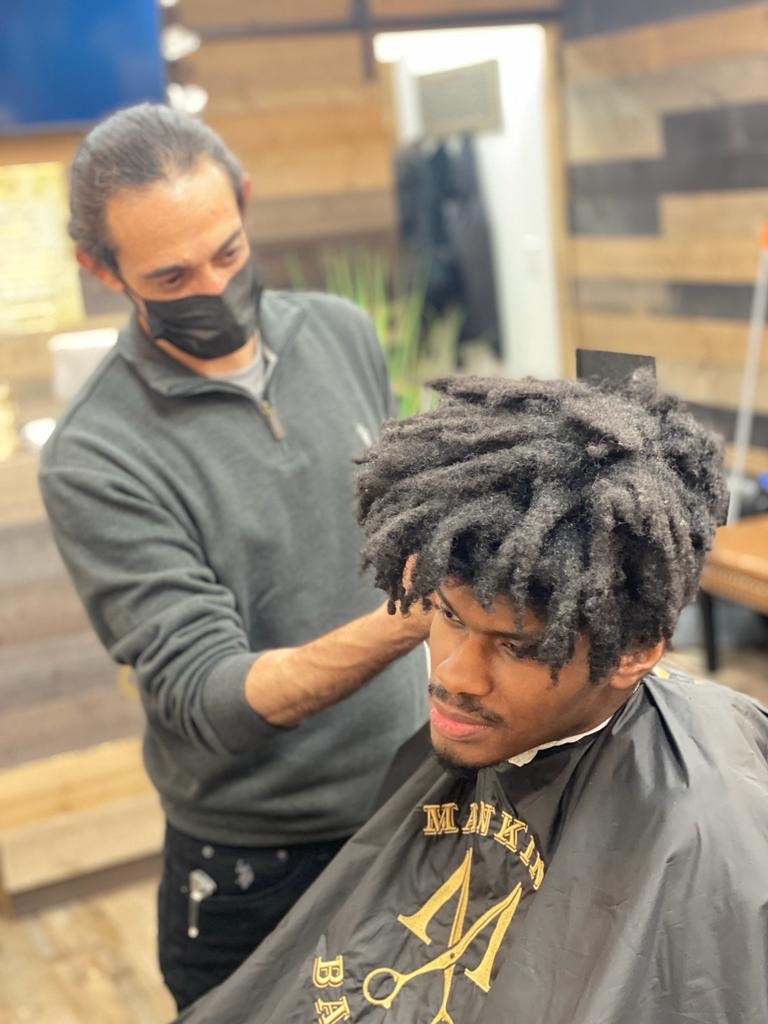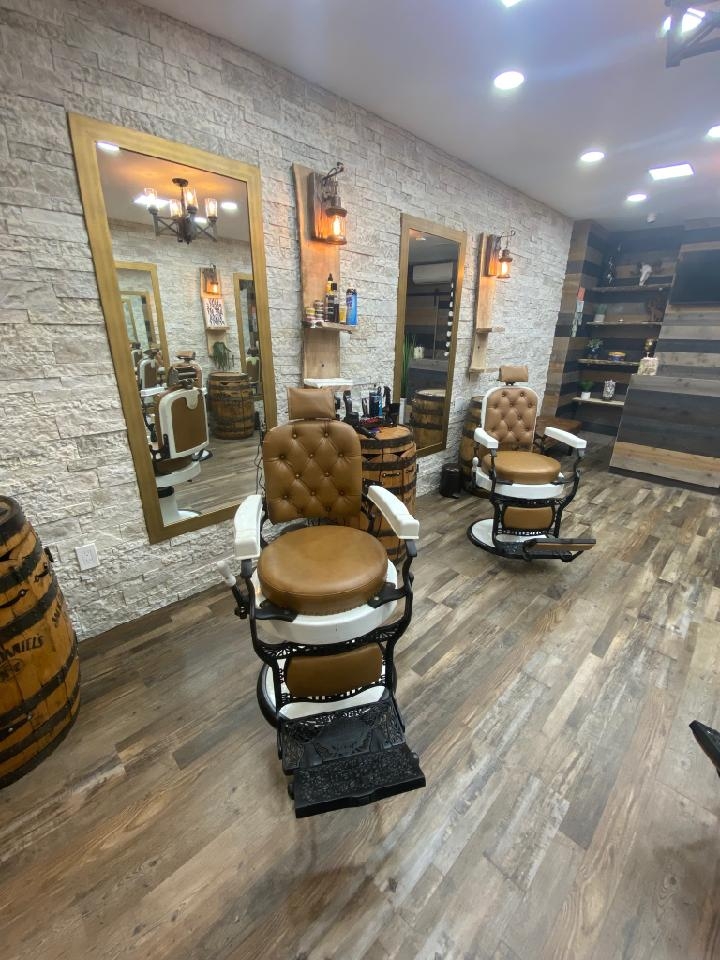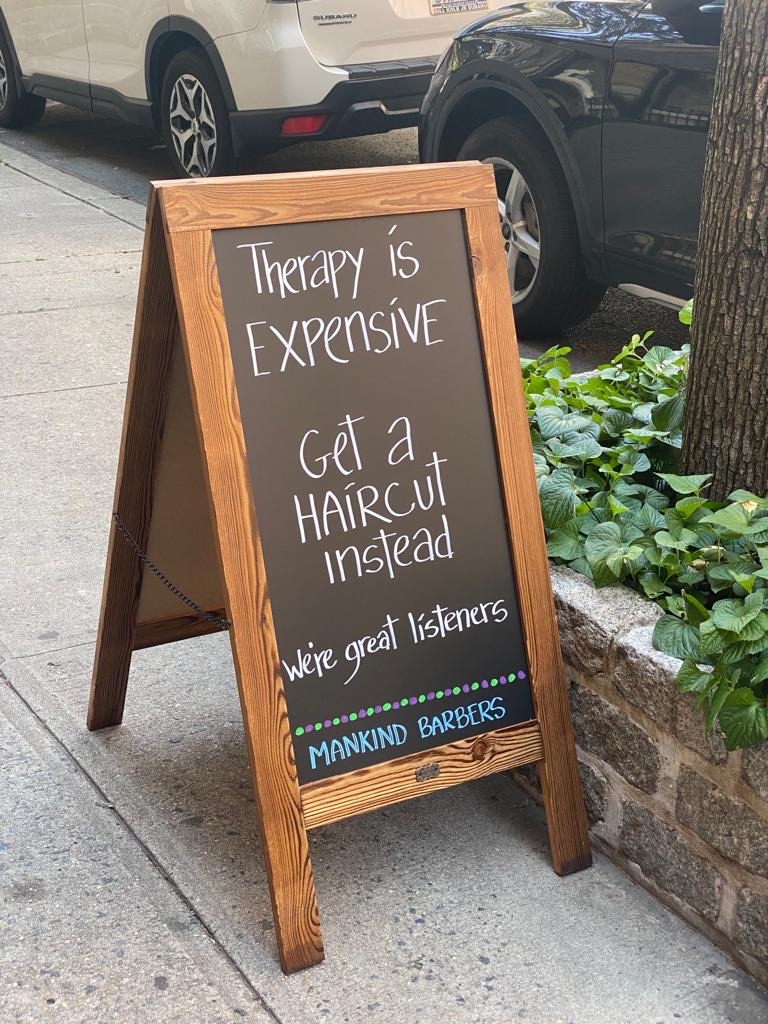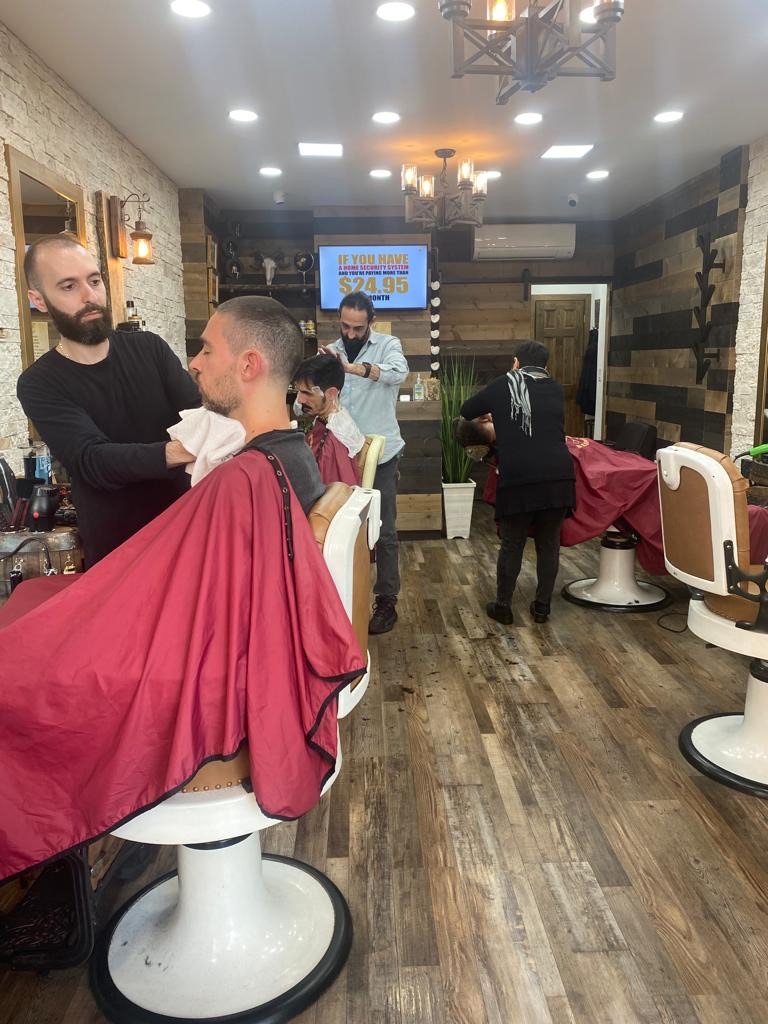

Essential grooming rituals for gentlemen's club members include regular haircuts, clean shaves, and well-maintained beards. Keeping nails trimmed and clean, using cologne sparingly, and wearing well-fitted clothing are also important aspects of grooming. Regular grooming rituals help members present themselves in a polished and professional manner, reflecting the high standards of the club.
Gentlemen's club members should aim to get a haircut and shave at least once every two weeks to maintain a neat and tidy appearance. Regular grooming appointments help keep hair and facial hair looking sharp and well-groomed. Some members may prefer more frequent visits to the barber for a more precise and tailored look, depending on their personal grooming preferences.
Tax write-offs for barbers can be a great way to save money on taxes. Barbers can take advantage of a variety of deductions and credits to reduce their taxable income and save money. Here are some of the most common tax write-offs for barbers in 2024. 1. Professional Expenses: Barbers can deduct expenses related to […]

Posted by on 2024-01-02
youtube.com/watch
Posted by on 2023-11-13
youtube.com/watch

Posted by on 2023-11-07
When it comes to hair care, most people focus on styling and coloring their hair, but they overlook the importance of having clean hair before a haircut. Not only does shampooing your hair before a haircut make the barber’s job easier, but it also has many benefits for the health and appearance of your hair. […]

Posted by on 2023-08-08
To maintain a well-groomed beard at a gentlemen's club, members should invest in quality beard oils, balms, and combs. These products help keep the beard soft, hydrated, and free of tangles. Regular trimming and shaping of the beard are also essential to maintain a clean and polished look. Members can consult with their barber for personalized recommendations on beard grooming products and techniques.

Specific skincare routines for gentlemen's club members should include cleansing, exfoliating, moisturizing, and protecting the skin from sun damage. Using a gentle cleanser suitable for their skin type, exfoliating regularly to remove dead skin cells, and applying a moisturizer with SPF are key steps in a skincare routine. Members should also consider using anti-aging products to maintain a youthful appearance.
To prevent ingrown hairs and razor bumps, gentlemen's club members should exfoliate before shaving to remove dead skin cells and prevent hair from getting trapped beneath the skin. Using a sharp razor and shaving in the direction of hair growth can also help reduce the risk of irritation. Applying a soothing aftershave or moisturizer post-shave can help calm the skin and prevent ingrown hairs from forming.

Tips for achieving a polished and professional look at a gentlemen's club include paying attention to grooming details such as well-trimmed hair, clean-shaven face, and neatly groomed nails. Wearing well-fitted clothing that complements their body shape and personal style is also important. Members should aim to present themselves in a manner that reflects the sophistication and elegance of the club.
Gentlemen's club members should be aware of grooming trends such as the resurgence of classic barbering techniques, the popularity of well-groomed beards, and the emphasis on skincare and grooming products tailored specifically for men. Keeping up with grooming trends can help members stay current and maintain a stylish and fashionable appearance. Consulting with their barber or stylist for advice on the latest grooming trends can help members enhance their grooming routine.

Italian immigrants visiting Little Italy barbershops in the early 20th century often engaged in grooming rituals that were deeply rooted in their cultural traditions. These rituals typically included services such as straight razor shaves, haircuts styled with pomade, and meticulous beard trims. Barbers would also offer services like hot towel treatments, facial massages, and eyebrow shaping to enhance the overall grooming experience. Additionally, Italian immigrants would often engage in lively conversations with their barbers and fellow patrons, creating a sense of community and camaraderie within the barbershop. Overall, these grooming rituals were not just about physical appearance, but also about maintaining a sense of pride and connection to their heritage.
The advent of the digital age had a significant impact on barbershop entrepreneurship in Manhattan during the 2010s. With the rise of social media platforms, barbershops were able to showcase their work, attract new customers, and engage with their existing clientele in innovative ways. Online booking systems made it easier for customers to schedule appointments, while digital marketing strategies allowed barbershops to reach a wider audience. Additionally, the popularity of online reviews and ratings influenced the reputation and success of barbershops in Manhattan. Overall, the digital age revolutionized the way barbershops operated and marketed themselves in a competitive market like Manhattan.
The arrival of Irish immigrants in Hell's Kitchen during the 19th century had a significant impact on barbershop culture in the area. These immigrants brought with them their own traditions and practices related to grooming and personal care, which influenced the services and atmosphere of local barbershops. The influx of Irish barbers also led to an increase in competition among barbershops, as they sought to attract customers with their unique skills and techniques. Additionally, the Irish immigrants contributed to the diversity of barbershop culture in Hell's Kitchen, creating a melting pot of styles and services that catered to a wide range of clientele. Overall, the presence of Irish immigrants played a crucial role in shaping the barbershop scene in Hell's Kitchen during this time period.
During the 1940s, Harlem barbershops commonly used hair products such as Murray's Pomade, Royal Crown Hair Dressing, and Dixie Peach Pomade. These products were popular among African American men for styling their hair in various ways, including pompadours, waves, and slicked-back looks. Additionally, barbers often used products like Lucky Brown Hair Dressing and Black & White Hair Pomade to add shine and hold to their clients' hair. These products were essential for creating the signature hairstyles of the time and were widely available in barbershops throughout Harlem.
During the early 20th century, Chinatown barber shops typically offered a range of services tailored to the needs of their predominantly Chinese clientele. These services often included traditional haircuts, shaves, beard trims, and facial treatments using specialized tools and techniques. Additionally, many Chinatown barber shops provided services such as ear cleaning, scalp massages, and grooming consultations. Some establishments also offered herbal remedies and tonics for hair and skin health, reflecting the influence of traditional Chinese medicine practices. Overall, Chinatown barber shops during this time period aimed to provide a comprehensive grooming experience that catered to the specific cultural preferences and beauty standards of the Chinese community.
During the 1920s, some of the most popular barber shops in Harlem included the Lafayette Barber Shop, the Harlem Hair Studio, and the Apollo Barbershop. These establishments were frequented by prominent figures in the Harlem Renaissance, such as Langston Hughes and Zora Neale Hurston, who sought out the skilled barbers for their precision haircuts and stylish grooming services. The ambiance of these barber shops was often described as vibrant and lively, with music playing and lively conversations filling the air. The barbers themselves were known for their expertise in a variety of hair cutting techniques, catering to the diverse clientele that frequented these establishments. Overall, these barber shops played a significant role in shaping the cultural landscape of Harlem during this time period.